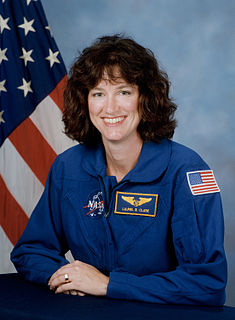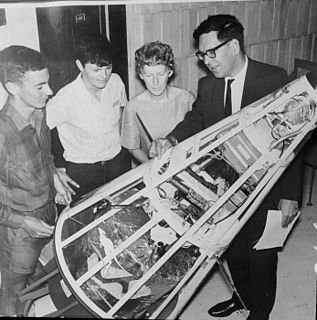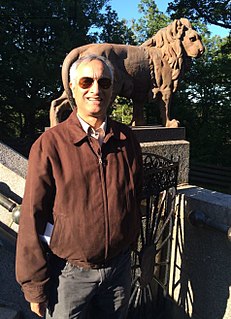A Quote by Scott Kelly
We do a lot of science on the space station. Over the course of the year, there'll be 400 to 500 different investigations in all different kinds of disciplines. Some are related to improving life on earth in material science, physics, combustion science, earth sciences, medicine.
Related Quotes
This is a really big space station. We do a lot of various kinds of work here, different kinds of science experiments; we have over 400 different experiments going on at any one time in different areas, from basic science research to medical technology, that hopefully will benefit more people on Earth.
Yet things are knowable! They are knowable, because, being from one, things correspond. There is a scale: and the correspondence of heaven to earth, of matter to mind, of the part to the whole, is our guide. As there is a science of stars, called astronomy; and science of quantities, called mathematics; a science of qualities, called chemistry; so there is a science of sciences,--I call it Dialectic,--which is the Intellect discriminating the false and the true.
Being a fan of science fiction, I collect a lot of science fiction art work and so if you go to my house there's like a library and you just geek out on science fiction material. A lot of the colony worlds specifically are built as a melting pot of different societies, because the world is at a point where there are only two zones that are left inhabitable.
Science can't tell us what our life means ethically. It can't tell us what we are meant to do as moral creatures. But, insofar as science can understand what we're made of, and what we're related to, the Darwinian revolution completely revised our ideas about who we are and what we're related to and how long we've been here and why we're on this Earth.
I believe in rendering to science the things that belong to science. I have no problem with evolution or discussions of the age of the Earth, for I don't believe that we come anywhere near comprehending the mind of God or the workings of the universe. Science can explain a lot, but it cannot give us faith, and I think we need both.

































